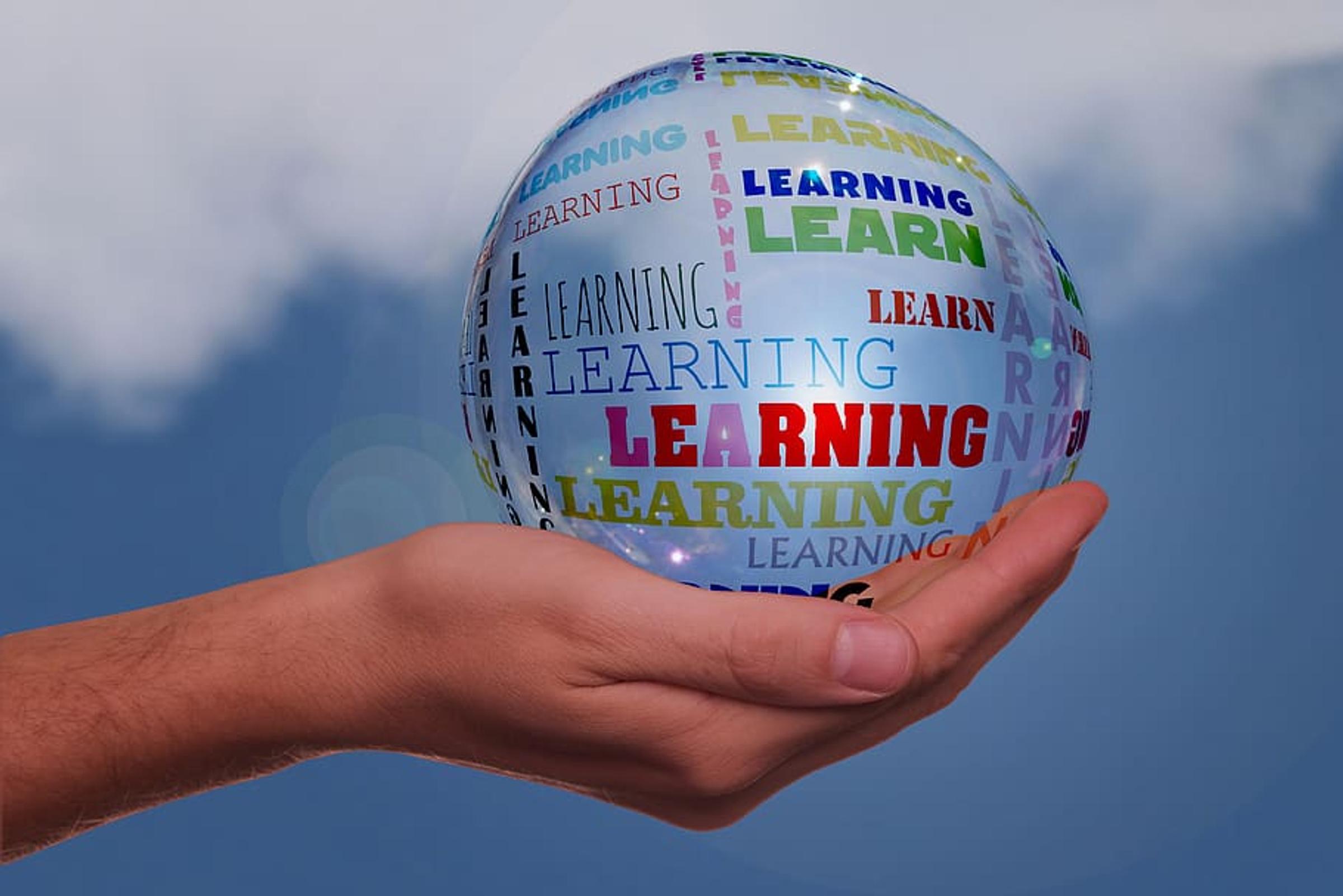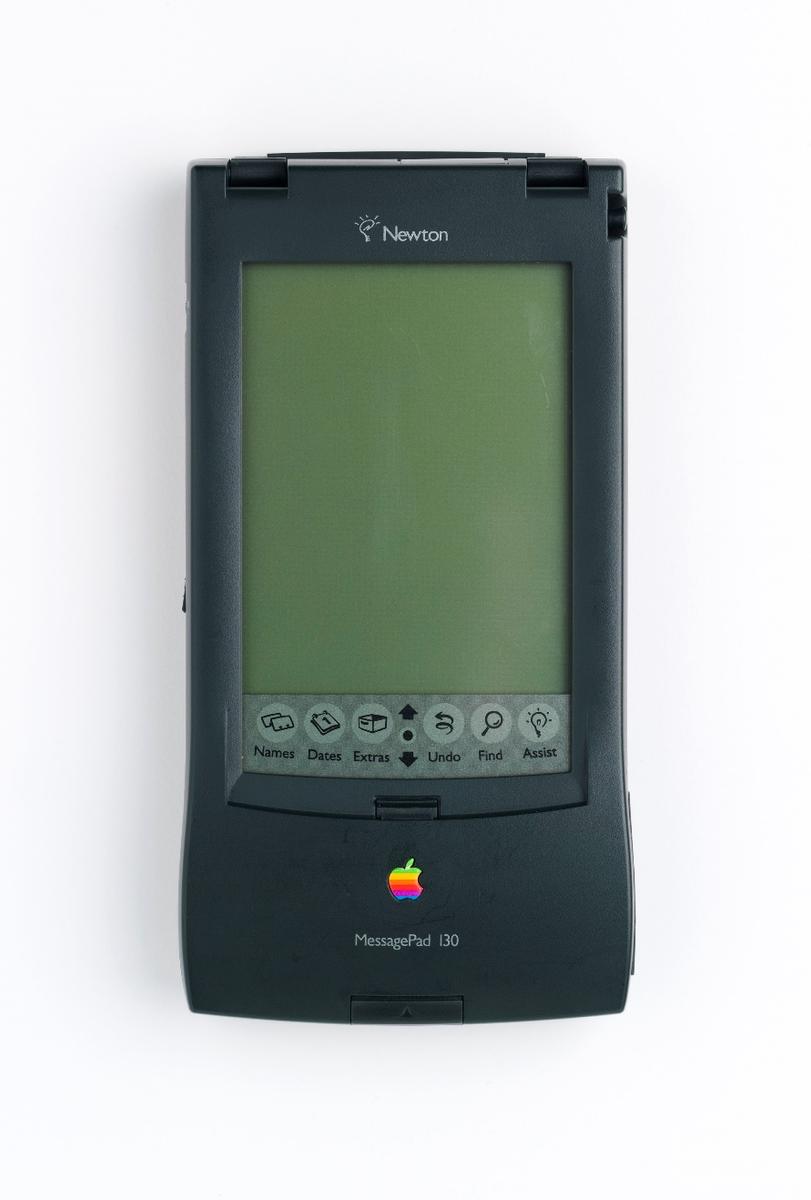From the Director of Pedagogy and Innovation

Failing Well and Learning Through Disappointment
Right now there are a lot of productions, portfolios, assessments and performances happening in our school. Some of this work will go very well, and other parts of it will go less well. As a learning community we need to recognise that this is natural and even healthy. Any accomplished entrepreneur will attest that reaching success did not come by avoiding failure. Failure is an inherent part of life and serves as an essential foundation for success. The crucial moments lie in how we handle failure, both as an event and also as a human capable of reflection and improvement.
Apple, prior to the advent of the iPhone, invested significant time and resources into developing the Apple MessagePad. This product, however, proved to be a market failure, with only a few units sold, all plagued by severe glitches. The MessagePad was eventually withdrawn from the market and even found its place in Sweden's Museum of Failure. Although it lacked conventional success, it led Apple to invent the technology needed to rectify the initial issues, paving the way for portable electronics like iPhones and iPads. By reflecting on the failure of the MessagePad, Apple was able to analyse what went wrong and avoid similar pitfalls in the future. Over time, the significance of that initial failure diminished when compared to the unprecedented success of the iPhone.
While this story, and others that are similar inspire businesses and organisations, sometimes it's challenging to grasp how these lessons apply to our personal lives. Whether we are in pre-K, Year 12 or an adult, failure is not an enjoyable experience. No doubt we have all put significant time, blood, sweat and tears into something we are proud of only for it to be a flop. Nonetheless, as we conquer obstacles and overcome our metaphorical dragons, we genuinely address our failures by innovating and transforming our own lives.
Helping our young people reflect on what they are doing, what worked and what didn’t and seeing disappointment as an event, rather than a reflection on their worth is one of the best things we can do for them. Conversely, encouraging them to withdraw, play it safe and avoid risk is potentially harmful – they are too young and have too much potential to step away, down-tools and miss opportunities.
As teachers we are tasked with providing an experience that is challenging, engaging and open-ended. By nature, these are going to extend students and there will likely be disappointment at some point in their 13 years of schooling. Yet as we help them view this as a learning experience, tasks that were once arduous or overwhelming become easier. With each experience, we grow stronger and wiser, enabling us to create value that we may not have previously recognised.
As we come through this very busy period, I would encourage teachers and students alike to throw everything into what they are doing. Be proud of what you produce, and if it doesn’t come out as hoped remember that we are more than the sum of one event and result. Learn from it, celebrate the parts that were useful and have another go.
Mr Chris Sanders
Director of Pedagogy and Innovation
